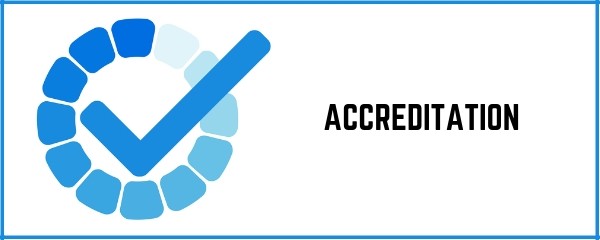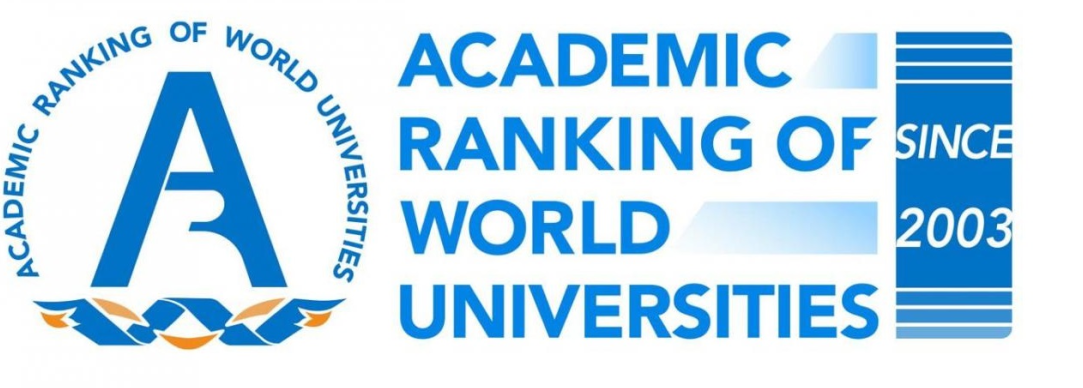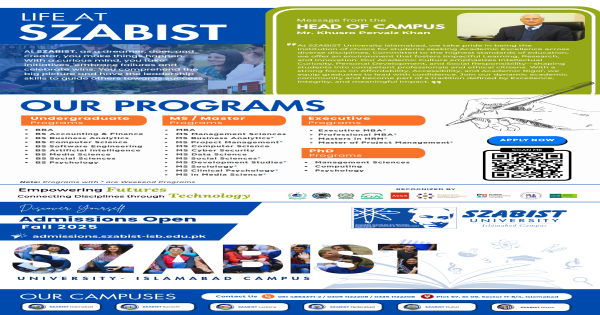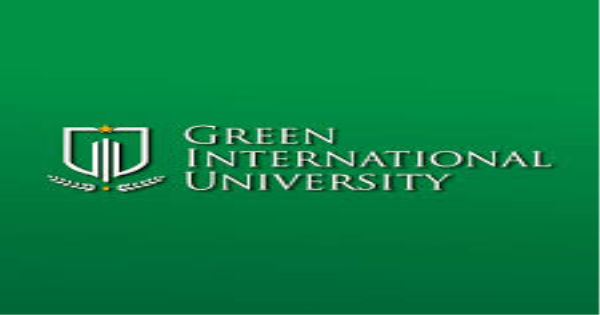Evaluation of academic quality is basically an important part of the decision-making process while choosing a study abroad program. With thousands of institutions and programs offered worldwide, it was definitely not easy to choose which are the good ones in terms of academic quality. Accreditation is merely a seal indicating whether an institution or program is capable of conforming to certain quality standards, rankings are a means of making comparative judgments of institutions in relation to certain criteria.

Academic Quality
Rather than rankings, academic quality will have to be assessed on more than one thing. The factors include accreditation status of the institute, curriculum and framework for the offered program, qualifications of faculty, student support services, and resources, and finally, campus culture, with opportunities in other areas beyond academics. So, after considering all these factors, students and parents may come across a much more detailed and comprehensive account of an institution's academic quality.
Accreditation
Accreditation refers to the process through which an institution or program assesses its own compliance with certain standards established by some authority of quality.
- Academic programs and curriculum
- Qualifications of the faculty members in their area of expertise
- Support services and resources for the student
- Campus facilities and infrastructure
- Institutional governance and management

- Institutional accreditation: It accredits the whole institution with respect to meeting certain standards of quality.
- Programmatic accreditation: Those accrediting specific programs within an institution, to the industry or professional standards.
- Specialized accreditation: Accreditation to specialized departments or schools within a given institution, such as business or engineering schools.
Ranking
- Ranking institutions on different factors
- Academic reputation
- Research output and impact
- Student selectivity and achievement
- Faculty qualifications and expertise
- Internationalization and global engagement
Well-known Ranking Agencies
- QS World University Rankings
- Times Higher Education World University Rankings
- US News & World Report Best Global Universities Rankings
- Academic Ranking of World Universities (ARWU)

- Qualitative assurance: Accreditation is a guarantee that the institution or program meets some minimum standards of quality.
- Decision making: Rankings will help in having a comparative assessment of institutions and hence will enable the student or his parents to take informed decisions
- Reputation building: Accreditation and high ranking will build reputation and credibility for the institution as well.
- Employability: Graduates from accredited and ranked institutions may have prospects that are better than their peers.
| Accreditation | Description |
| Institutional Accreditation | Accredits the entire institution, ensuring it meets certain standards of quality. |
| Programmatic Accreditation | Accredits specific programs within an institution, ensuring they meet industry or professional standards. |
| Specialized Accreditation | Accredits specific departments or schools within an institution, such as business or engineering schools. |
Realization
Having identified your objectives, you are therefore to seek one with a sound academic reputation and proper accreditation. For the realization of this step, guide yourself by university rankings and also their alumni and international accreditations. For one, all these do count so much towards the actual quality of any program. Also, remember that a globally recognized institution can only promise you the kind of education you would want.
Career Prospect
The other major consideration while selecting the study abroad program is its potential in terms of prospects. After all, some programs do offer internships or networking opportunities that may prove invaluable to your future careers. Do not be shy in asking for graduate employability rates, available internships and corporate partnerships.
Cost End
This may include, but is not limited to, tuition fees and the cost of living in the target destination. International students are also able to seek scholarships and financial aid, which can also be based on certain criteria. How you choose a study abroad program will all depend on the type of opportunities that can reduce your financial burden.
- Overseas stay also involves a culture shock and, normally, a language shock.
- Assess your ability to adapt to the host country and your proficiency in the language.
- Participation in language preparation programs or cultural exchange can make this adaptation less demanding.

- Curriculum: Look at the curriculum of your course and whether it serves your objectives: academic and professional goals.
- Course Design: Evaluate the course design in terms of credit hours, months consumed, and testing measures.
- Faculty Qualification: Check the qualification and experience of the faculty teaching the program.
Evaluation
- Let other Macaulay students know about your experience studying abroad, the faculty, the curriculum, and your living arrangements;
- It would provide you with the opportunity to reflect upon your time spent abroad in relation to your academic life.
- to launch the process of updating your resume and/or developing a "personal statement" for later use in applying to graduate and professional schools.
ilmkidunya
Top Contributors
Related Articles
SZABIST University Islamabad – A Premier Destination for Higher Education in Pakistan
- Ilmkidunya
- 03/Jul/2025











































